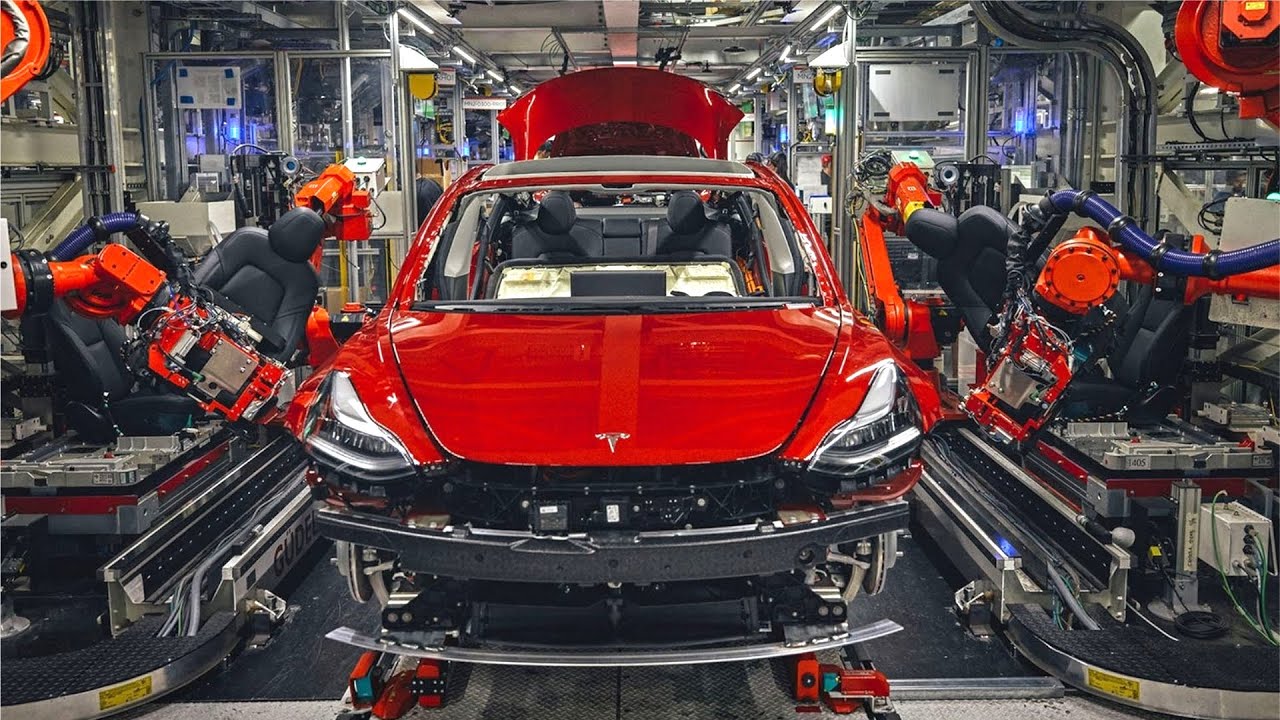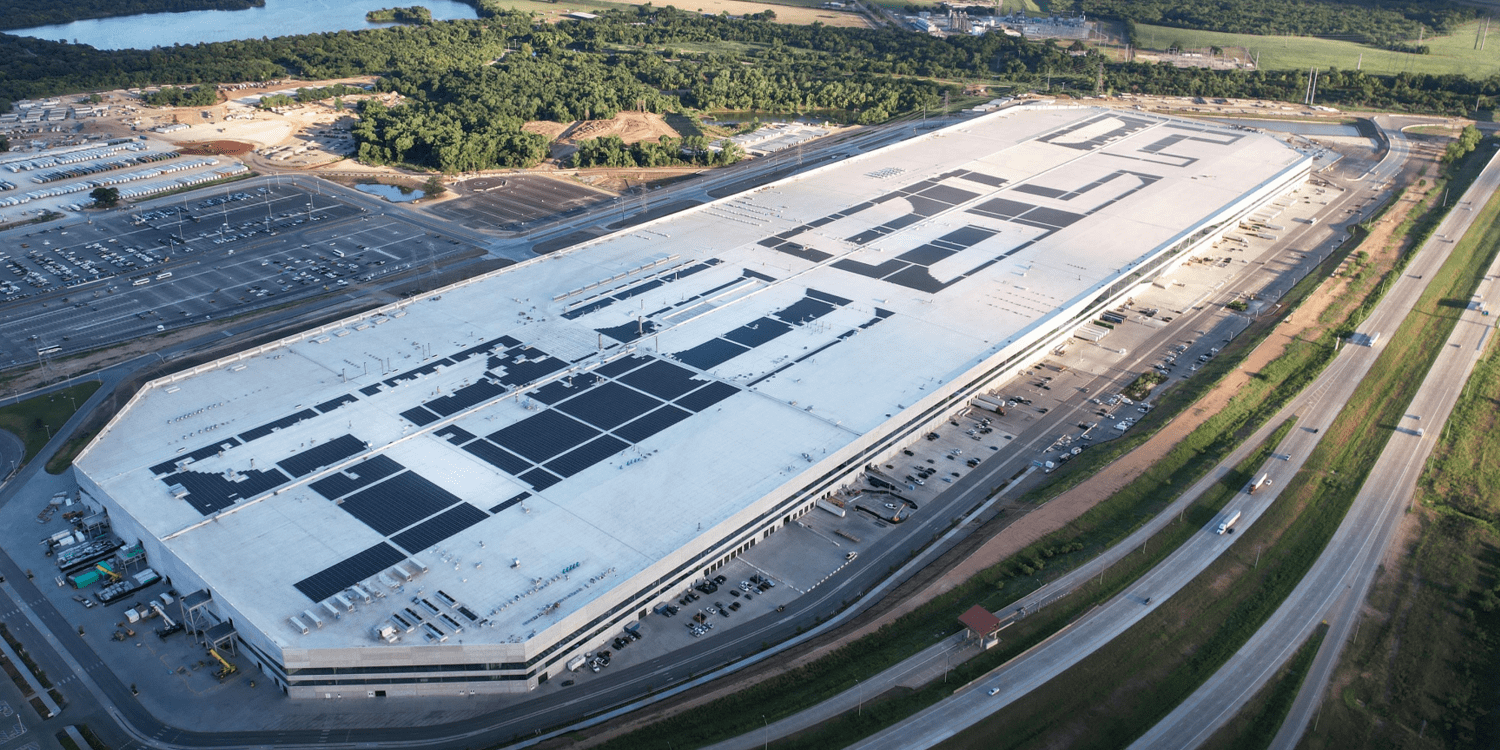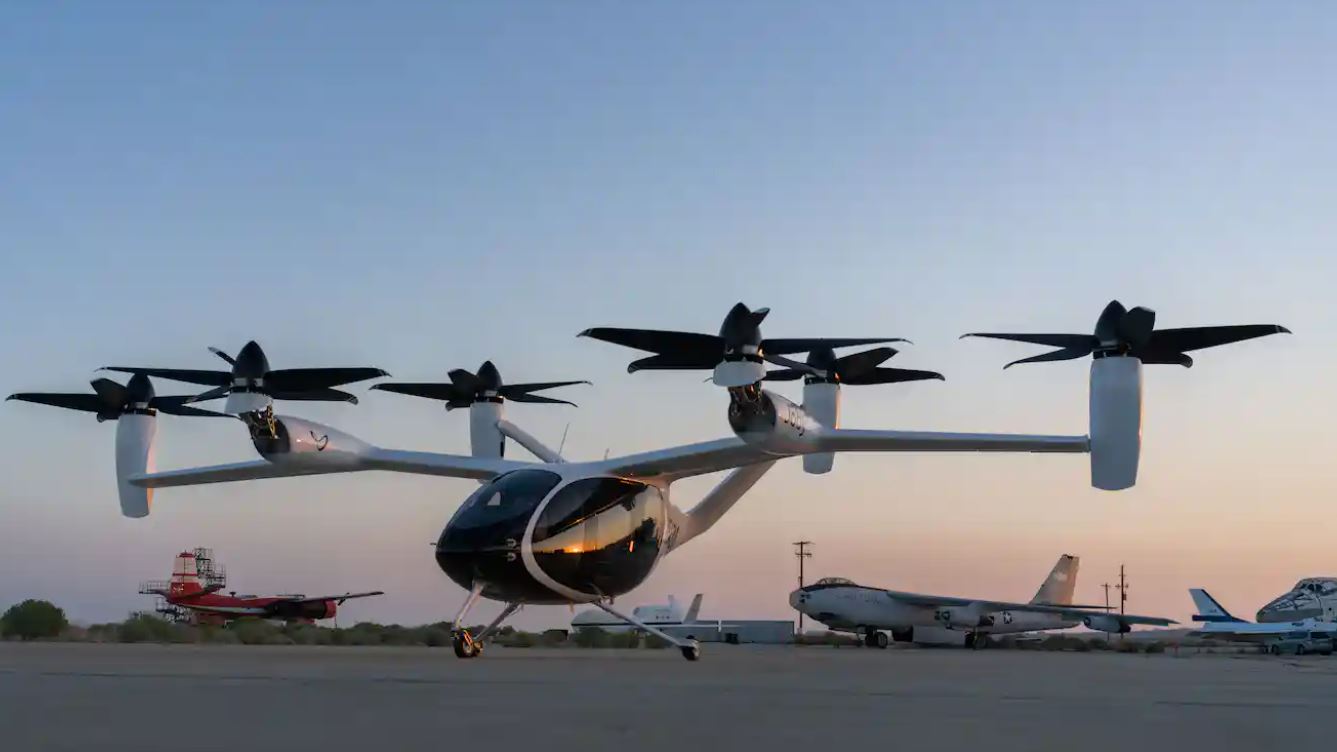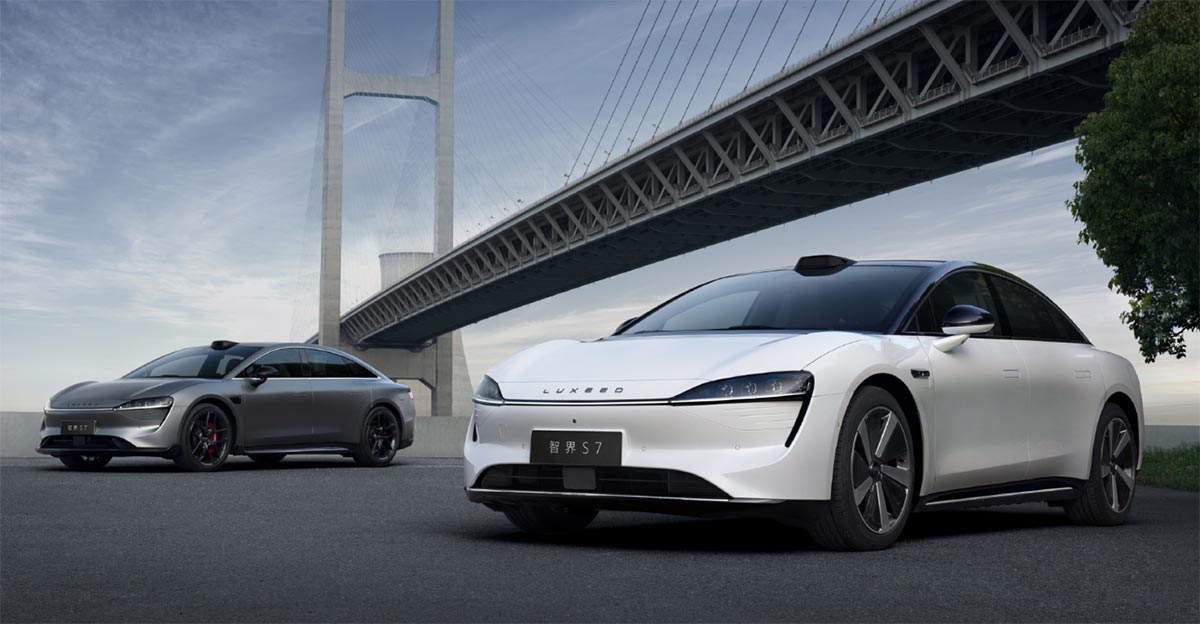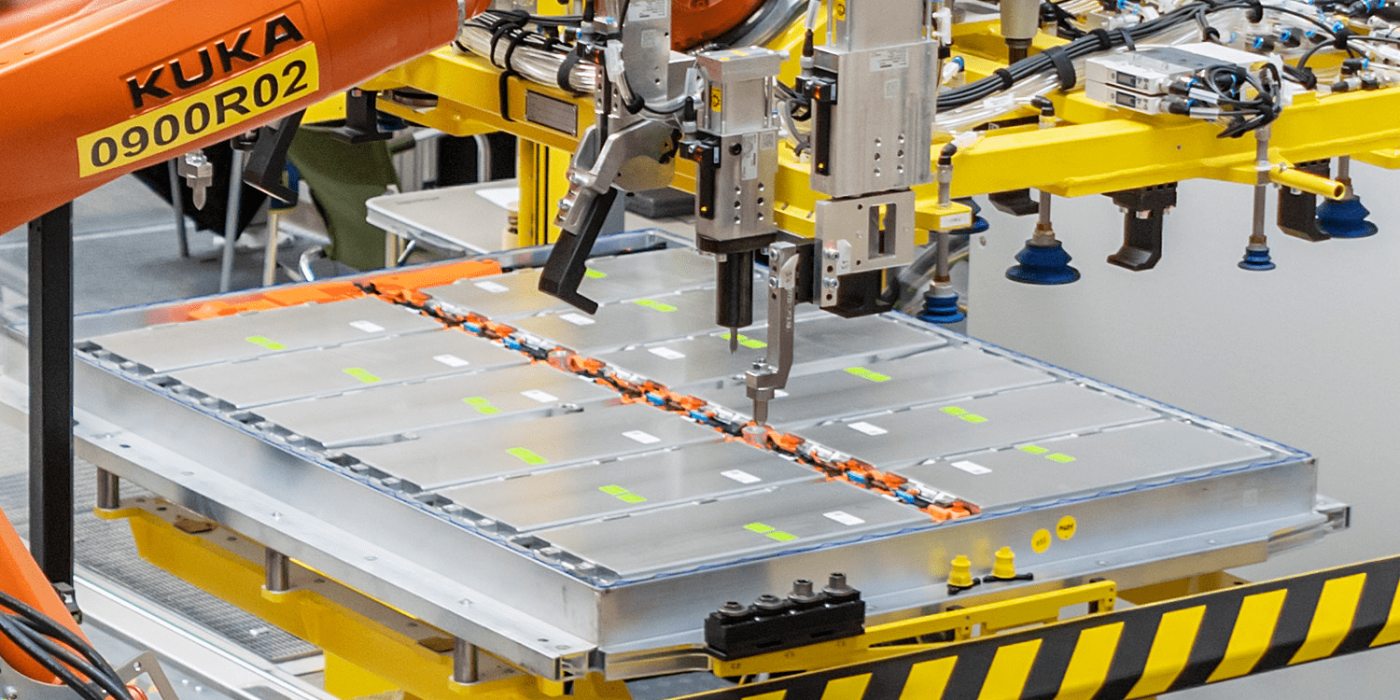Tesla, the electric vehicle (EV) pioneer, is reportedly contemplating the establishment of an EV manufacturing facility in Thailand. This revelation comes after Tesla CEO Elon Musk engaged in discussions with Thai Prime Minister Srettha Thavisin during a recent meeting.
Prime Minister Thavisin convened with several technology executives in New York on the sidelines of the United Nations General Assembly. Subsequently, during a press briefing in Bangkok, he shared his expectations of substantial investments in Thailand by tech giants such as Tesla, Microsoft, and Google, with an estimated collective investment of $5 billion.
See also: Tesla Explores Battery Storage Factory in India Amidst Regulatory Challenges
He specifically noted:
“Tesla would be looking into an EV manufacturing facility, Microsoft and Google are looking at data centres.”
Tesla’s presence in Thailand is relatively recent, with the company officially commencing operations in the region late last year and initiating vehicle deliveries this year. Despite this, the Thai automobile market carries substantial weight, with more than 750,000 cars sold in the country last year, and projections indicating an increase to 800,000–900,000 vehicles this year. It’s noteworthy that the majority of vehicles in this market do not compete in the same price range as Tesla’s offerings.
While Tesla has already begun selling its electric vehicles in Thailand, the prospect of the company investing in local manufacturing marks a new development. Thailand is currently a key automotive assembly hub in Asia, with a production capacity of up to 2 million vehicles annually.
See also: India Considers Lowering Import Tax for Electric Cars Amidst Tesla’s Push for Local Production
For Tesla, this potential expansion aligns with the company’s ambitious goal to boost vehicle production to 20 million units per year by 2030. Achieving this objective necessitates the establishment of several new manufacturing facilities across the globe.
The deliberations between Tesla and the Thai government reflect the ongoing evolution of the EV landscape, as automakers seek to secure production capabilities in strategic locations to meet the growing demand for electric vehicles on a global scale.

